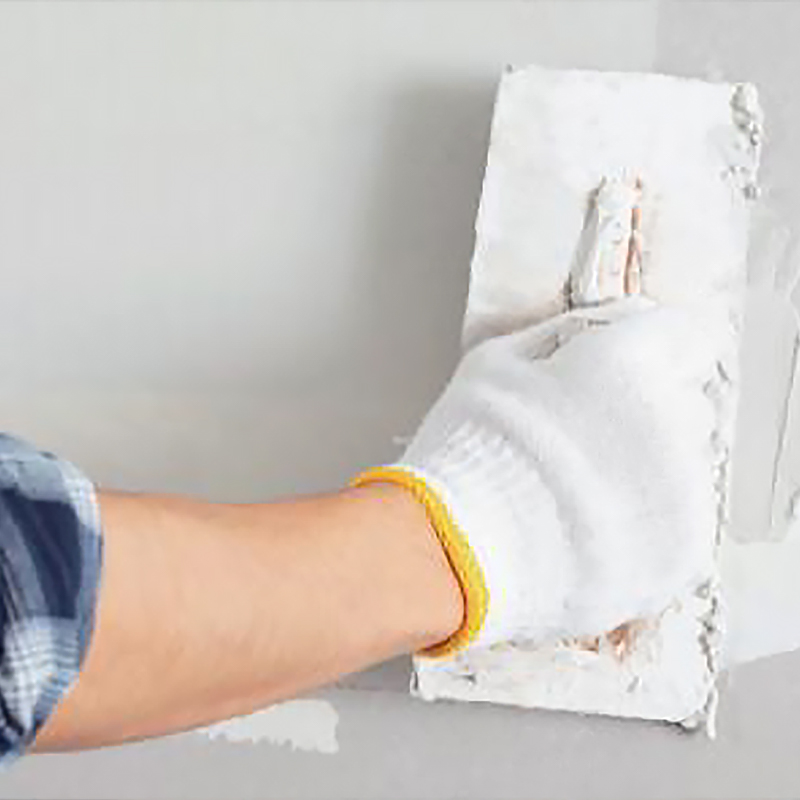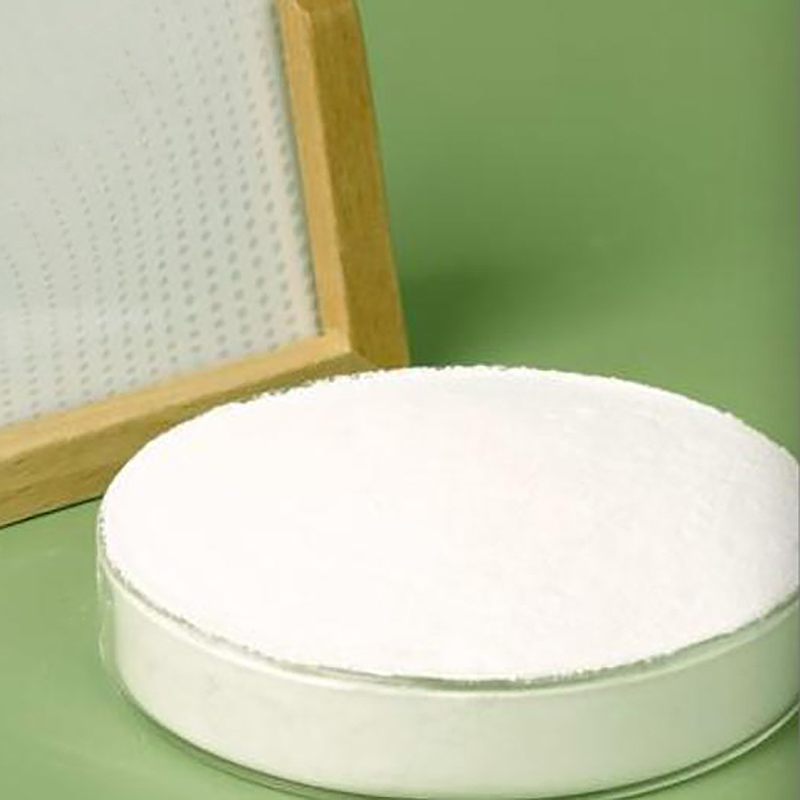HEC: An ideal partner for water-based coatings
HEC, as a water-soluble polymer compound, has attracted much attention in the coating industry for its exceptional thickening, suspension stability and water retention. When it is cleverly integrated into the water-based coating formula, it is like an invisible magician, quietly changing the inherent properties of the coating, especially its film-forming properties.
Delicate regulation of the film-forming process
The film-forming of hydroxyethyl cellulose for water-based coatings is a transition process from liquid to solid, involving multiple stages such as the flow, spreading, drying and curing of the coating. In this process, HEC finely and accurately regulates the film-forming properties of the coating with its molecular structure and chemical properties.
1. A helper of flow and spreading
In the initial construction stage of the coating, the thickening effect of HEC enables the coating system to maintain an appropriate viscosity, neither too thin to cause flow, nor too viscous to affect construction efficiency. This ideal viscosity allows the coating to be spread evenly and smoothly on the surface of the substrate, laying a solid foundation for subsequent film formation.
2. Stabilizer in the drying process
As the water gradually evaporates, the paint begins to enter the drying stage. At this time, the water retention of HEC is particularly important. It can absorb and retain the water in the paint system, slow down the drying speed, and allow the polymer particles in the paint enough time to arrange and reorganize to form a denser and more uniform film layer. This stabilization effect not only helps to improve the flatness of the film layer, but also reduces cracks and defects caused by too fast drying.
3. Strengthening agent in the curing process
When the water in the paint is almost completely evaporated, the polymer begins to cure and form the final film layer. HEC also plays an important role in this process. Its polymer chain can form a cross-linked network with the polymer molecules to enhance the cohesion and mechanical strength of the film layer. This strengthening effect makes the film layer more tough and wear-resistant, and can effectively resist the erosion of external factors.
Comprehensive improvement of film performance
Under the influence of HEC, the film-forming properties of the paint have been comprehensively improved, which in turn gives the film layer more exceptional comprehensive properties.
1. Enhanced Adhesion
HEC can promote the chemical bonding between the coating and the substrate, so that the film layer and the substrate form a stronger bond. This enhanced adhesion not only improves the success rate of coating construction, but also extends the service life of the coating.
2. Improved Weathering Resistance
HEC's contribution to the density and mechanical strength of the film layer enables the coating film layer to better resist the erosion of natural factors such as ultraviolet rays, temperature changes, and humidity fluctuations. This improved weathering resistance allows the coating to maintain stable performance in various harsh environments.
3. Maintaining Aesthetics
exceptional film-forming properties also mean that the coating film layer can maintain a bright and new appearance for a long time. Whether it is dust, stains or scratches, it is difficult to cause substantial damage to the film layer. This maintenance of aesthetics brings a more lasting visual effect to home decoration.

 简体中文
简体中文 English
English русский
русский عربى
عربى Español
Español









